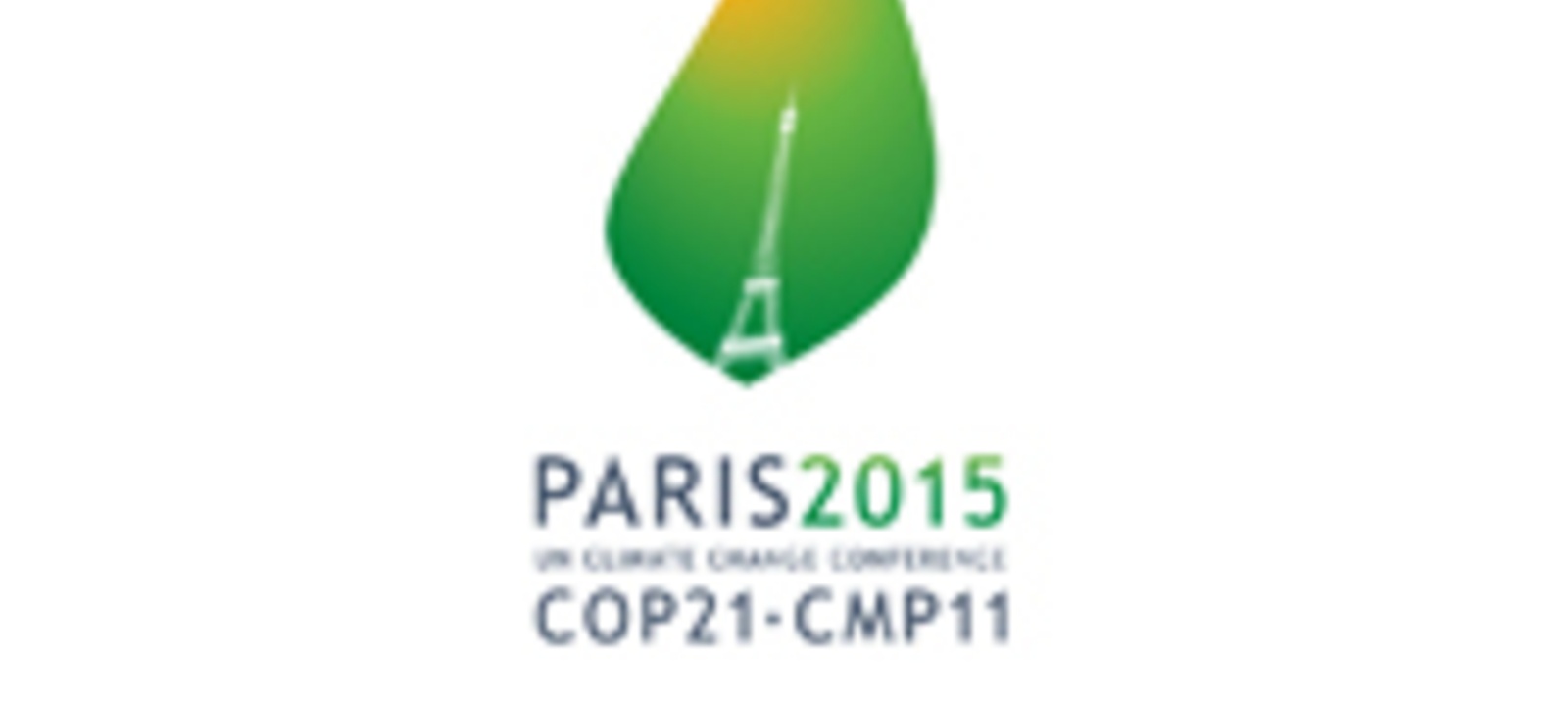
- Global climate deal struck in Paris at COP21 event
- WBS academic Fred Dahlmann looks at the importance of the agreement
- Suggests it could be as important as the Montreal Protocol
- That deal in 1987 lead to the phasing out of CFC and other related chemicals
An historic global climate deal has been signed by 195 countries at the COP21 event in Paris. Here WBS academic Frederik Dahlmann discusses what the agreement means and how the deal could be seen as the Montreal of the 21st century.
The adoption of a new universal, legally binding global climate deal by 195 countries was hailed by the EU as “historic”.
Ever since the early scientific recognition of man-made climate change at the Earth Summit in Rio in 1992 to the first political talks leading to the weak Kyoto protocol of 1997 and the disappointing Copenhagen summit of 2009, international attempts to mitigate and adapt to climate change have been fraught with significant political, economic and institutional challenges.
Even a few months ago observers were still sceptical that a deal could be reached this time.

The now broadly positive response following the outcome has certainly as much to do with institutional learning inside the UNFCCC as it was greatly facilitated by France’s diplomatic efforts to avoid another international summit without meaningful results.
As such, it reflects Europe’s comparatively long-standing policy tradition to drive ambition and agreement on climate change policy within the international community. It also illustrates the arduous process involved in reaching such agreements not just in terms of gaining traction among policy-makers but also in ensuring investors, businesses, and civil society are engaged and contribute.
The ‘Paris Agreement’ now has the potential to follow other significant environmental achievements such as the ‘Montreal Protocol’ from September 1987. Then, a group of 24 nations and the European Economic Community agreed to protect the ozone layer by phasing out the production of CFCs and related chemical products. Subsequently ratified by 196 states it was widely seen as a very successful international environmental treaty.
Though scientifically and economically different, the Montreal Protocol led to overoptimistic beliefs that greenhouse gas emissions could be brought under control just as easily. Twenty-three years on from the Earth Summit in Rio we now know that complex problems take time, commitment, leadership and a significant amount of diplomatic efforts.

It remains to be seen, and indeed hoped, that those involved at the leading edge of the climate change agreement can reflect on the processes, procedures and efforts needed to work towards international agreements and solutions.
Climate change is widely seen as a key megatrend affecting global business and society, but other such megatrends exist and are likely to require equally complex cooperation from a wide range of different actors.
Changing demographics, inequality, increased mobility and technological advances, to name but a few, will continuously throw up new and similarly significant challenges marked by “borderless” complexity defying simple solutions.
We need actors involved in the last decades of climate change policy to reflect and distil their learnings from this process, and share their knowledge and insights for humanity’s wider benefit. If successful, the Paris Agreement then has the potential to set a new standard for international collaboration.
Fred Dahlmann teaches Sustainability and Business Ethics on the Full-time MBA. He also teaches Business, Policy & Regulation in the GEI and Sustainability and the Low Carbon Economy on the Global Energy MBA.




 X
X Facebook
Facebook LinkedIn
LinkedIn YouTube
YouTube Instagram
Instagram Tiktok
Tiktok